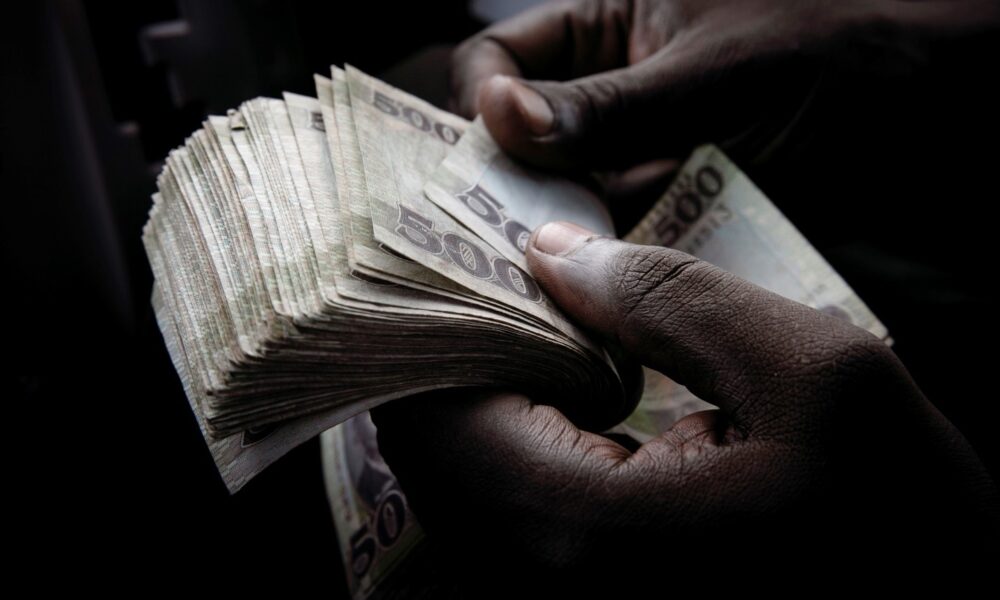By Bida Elly David
South Sudanese Pound (SSP) has fallen to a record low against the US Dollar (USD) in the foreign exchange market, causing a rapid rise in commodity prices.
As of Tuesday, No.1 Citizen Daily Newspaper established that USD 1 is selling for SSP 2,000 and buying for SSP 2,050 in the parallel market.
While the Central Bank stands between SSP 1,605 and SSP 1,557 per dollar.
Amidst this worsening crisis, Dr. James Alic Garang, the Governor of the Central Bank, stressed the importance of boosting production to stabilize the economy.
He emphasized the need to increase production for both domestic consumption and export.
“We need to produce enough to sell and consume,” he stated.
However, senior economic analyst Abraham Malieth criticized the Central Bank’s practice of auctioning hard currency, which he believes contributes to hyperinflation.
Malieth argues that for a normal system where hard currency flows through the Central Bank and commercial banks, facilitating bank-to-bank trading and better control of cash flow.
“This controlled auctioning hides the true situation,” he argued. “Even if we inject billions of dollars, it will end up in the hands of a few.”
“We need a normal system where hard currency flows through the Central Bank and commercial banks,” he explained.
“This would involve introducing a mechanism to control cash flow and facilitate bank-to-bank trading.”
He called on the government to provide farmers with tools and a secure environment to engage in production.
“We need to use this income to buy farming tools and promote agriculture to strengthen our currency,” Malieth remarked.
He challenged the government to manage oil revenues effectively.
“Production is important, but we need the tools to produce. The government should also ensure a secure environment for South Sudanese to engage in production, which will ultimately strengthen the currency” he emphasized.
Malieth argued that the government, not the Central Bank, is responsible for promoting production.
“The Ministry of Finance, Ministry of Trade, Ministry of Agriculture, and other development institutions are responsible for production initiatives,” he said.
The Central Bank manages the money produced by the government and others, not agricultural production, he added.
While economic experts and policy analysts have expressed mixed opinions on the current economic situation, some have advocated for government intervention to regulate the exchange rate and mitigate market shocks.
However, Abraham Matoch, another economic expert, warns about the risks associated with a black market controlled by monopolists and free-will traders, emphasizing the need for a centralized market.
He believes the lack of a centralized market presents a significant risk to the country’s economy.




